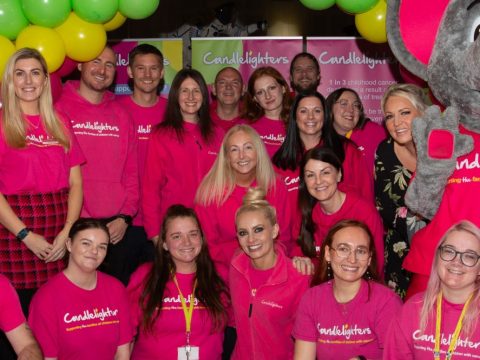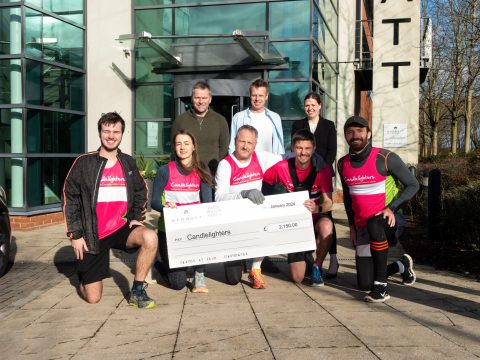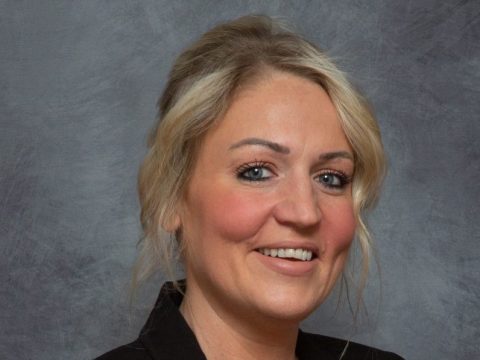At Candlelighters, we’ve been funding childhood cancer research for over three decades, investing over £9 million in the last 20 years alone to help improve treatments and find cures.
Dr Bob Phillips is an Honorary Consultant in Paediatric Oncology at Leeds Children’s Hospital and Senior Clinical Academic at the Centre for Reviews and Dissemination, University of York. Here he talks about his recent research project, The PantherCub Study, funded by Candlelighters.
‘Treatment for childhood cancer can make children at increased risk of life-threatening infections, and when a fever occurs, children need to be admitted to hospital for antibiotics urgently to get on top of any severe infections quickly. This approach to treating ‘febrile neutropenia’ (FN) is very safe, meaning nearly all severe infections can be cured, but it also means that well children, who may just have a cold, get stuck in hospital for days until their temperature settles.
We have previously shown in our research that a blood test called procalcitonin (PCT) can help to show who has a severe infection, but we needed to work out if it’s safe to use this test to shorten the amount of time children spend on antibiotics.
We would ideally undertake a very large study, with hundreds of children, half getting the PCT-test management and half not getting it, to test if this really makes a difference. In order to do this though, we needed to check that it was possible – that the patients, families and doctors will be prepared to take part in such a study. This is what PantherCub was; a Candlelighters funded pilot study, to see if the big study is possible.
We approached 32 patients and families to see if they wanted to take part, and 28 agreed. (Most studies – outside of oncology – have half or less of the families approached agreeing.) Of those 28, 13 patients had febrile neutropenia, and three of them had two episodes. Eight of the 16 episodes of FN were just a fever, without infections and in four of those, antibiotics were reduced in duration or intensity. For those children, they safely had about 2 days less antibiotic on average.
We talked to a number of the health care professionals about the study too. They thought the research was very important, and meaningful for patients, as well as suggesting how we might make it better to run the very large study.
In short, PantherCub was a success. A much higher proportion of the patients approached agreed to take part, and the doctors were much more likely to follow the ‘procalcitonin rule’ than similar studies have seen in the past. We are currently looking to develop the large study and take this forward ideally across the country.’ – Dr Bob Phillips
Click below to watch.
You might also like...






